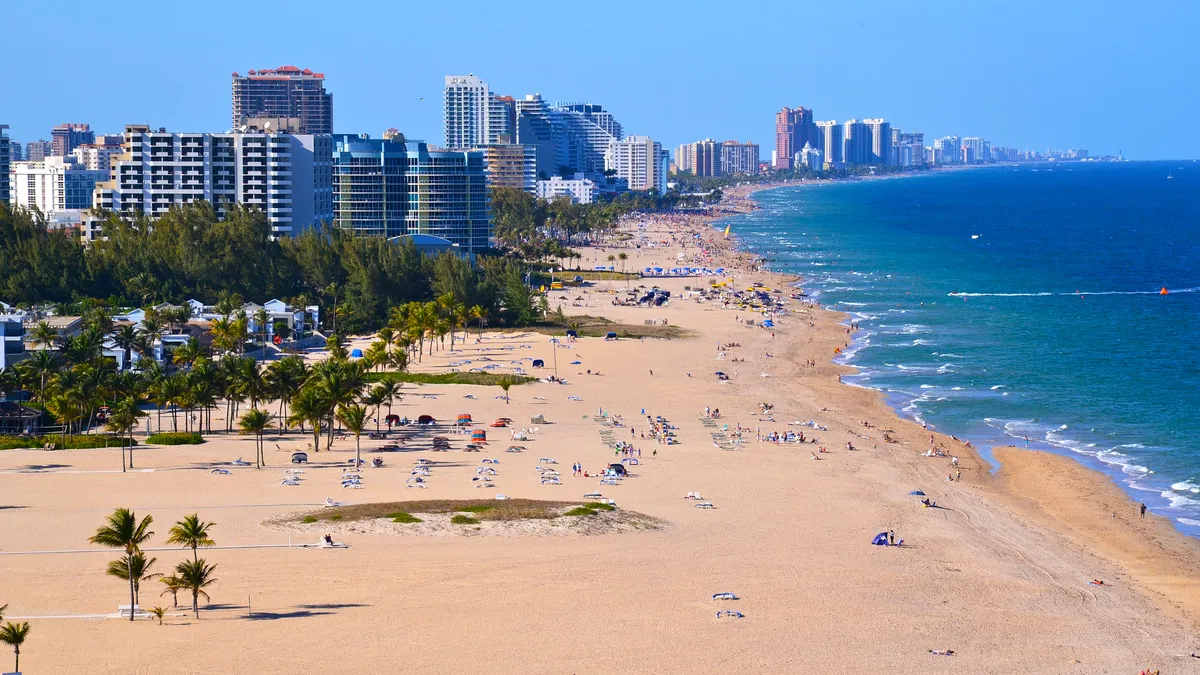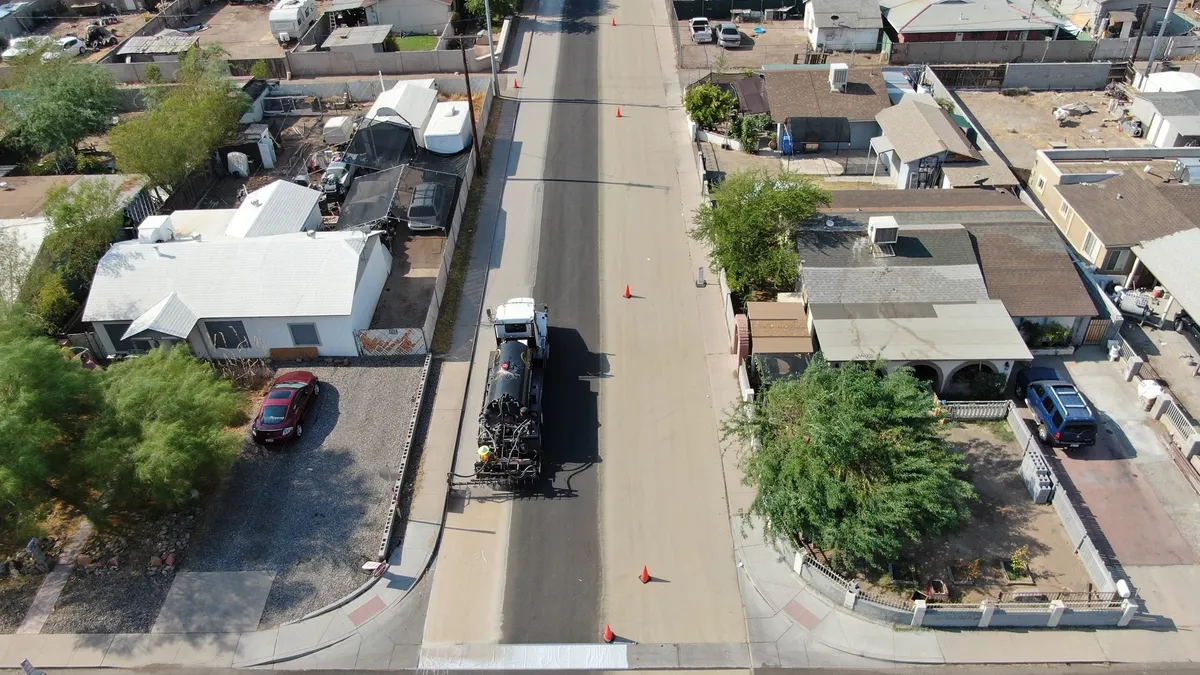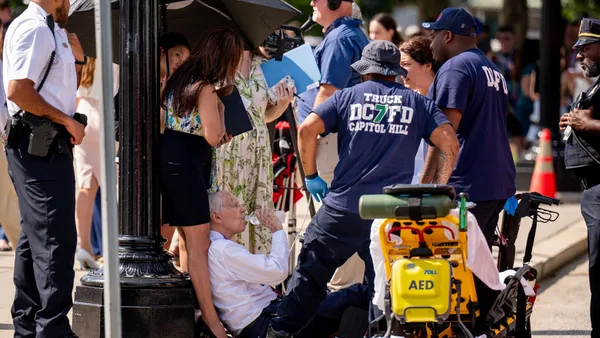Dive Brief:
- Fort Lauderdale, FL has teamed up with transportation solutions company Passport on what the partners are calling a first-of-its-kind centralized mobility management system. The system will bridge previously unconnected data sets to influence strategic decisions about transportation, essentially linking all of the city's mobility data in a single platform.
- The system will be able to connect data such as digital permits, payment processing and enforcement technology. Fort Lauderdale plans to begin with a few key parking-related initiatives such as digitizing core parking infrastructure and using dynamic pricing to lessen congestion, with digital permitting on the horizon.
- "We’re reimagining the way mobility is handled in our city in the 21st century. By leveraging modern technology, enhanced processes and advanced data we will be able to guide people to different parking facilities throughout the city so they reach their destinations faster and more efficiently," Fort Lauderdale Mayor Dean Trantalis told Smart Cities Dive. The new system will make parking "more convenient, accessible, and enjoyable for everyone who lives in or visits Fort Lauderdale," he said.
Dive Insight:
The mobility platform goes along with Fort Lauderdale's vision plan, which lays the foundation for what the city will look like in 2035. Part of the vision is to transform into a fully-connected city with multimodal transportation. Another move toward digitization occurred last year when the city implemented a 3D interactive zoning code software platform.
Like other South Florida cities, Fort Lauderdale currently does not have the most robust transit system and citizens are largely car-dependent, both of which contribute to to roadway and parking congestion. The problem is exacerbated in the winter when "snow birds" — people who mainly live in cold climates and flee to warm areas in winter — significantly increase the amount of vehicles on the road. The city has explored solutions in recent years, and it has a bike-share program in addition to being a stop on Florida's privately-run, inter-city Brightline train.
The city also has been actively working on solutions to better manage curb space. It was one of the first U.S. cities where UPS tested its zero-emissions, electric-assist delivery bike to ease delivery challenges in urban areas. Fort Lauderdale implemented designated ride-hailing zones as part of a six-month program to boost safety and mobility along its popular commercial stretch, Las Olas Boulevard.
Fort Lauderdale also has been working toward installing its Advanced Transportation Management System (ATMS) in busy corridors, which will include technologies like fiber optic communications networks, closed-circuit TV cameras, digital dynamic message signs, microwave vehicle detection systems and Bluetooth sensors to change traffic signals based on real-time conditions.
The new mobility platform should continue the city's forward progress toward greater connectivity and mobility. The technology offers the capability to expand beyond the initial parking initiatives into other areas and to integrate data from new mobility options as they emerge.











